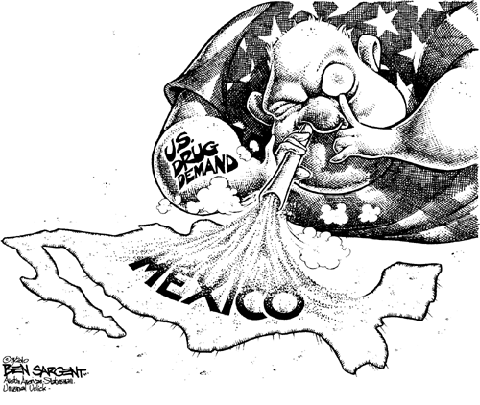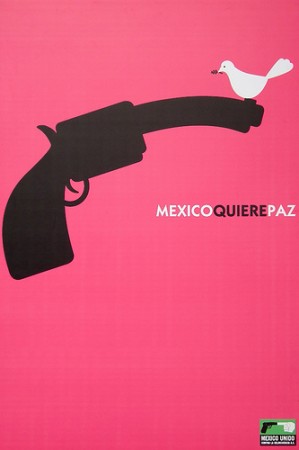
MEXICO CITY – The last two months have witnessed more far-reaching changes on the drug-policy scene in Latin America and the United States than in all previous decades combined. Three fundamental shifts have occurred, each of which would be important on its own; taken together, they may be a game-changer that finally ends the hemisphere’s failed war on drugs.
First and foremost were the referenda on marijuana legalization in the US states of Colorado and Washington on November 6. For the first time, voters in the country that is the world’s largest consumer of illicit drugs in general, and marijuana in particular, approved propositions legalizing possession, production, and distribution of cannabis – and by relatively broad margins.
While a similar initiative failed in Oregon, and Proposition 19 (which called for limited legalization of cannabis) was defeated in California in 2010 (by seven percentage points), the outcome in Colorado and Washington sent a powerful message to the rest of the US. The results have not only created a conflict between US federal law and state legislation, but also signal a shift in attitudes not dissimilar to that concerning same-sex marriage.




